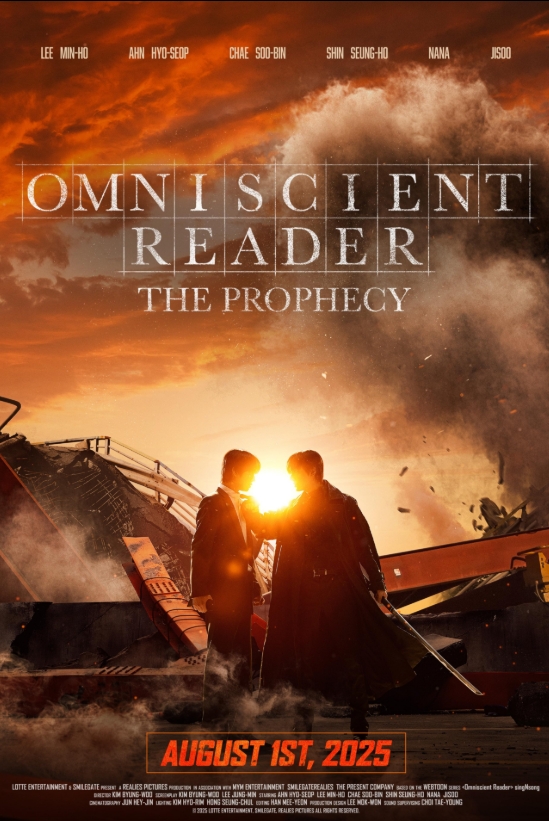Tetris Christian Review

If you were to think about turning a video game into a movie, chances are, Tetris wouldn’t immediately spring to mind. It’s a simple game—falling blocks, fitting shapes, and racking up points. But what Jon S. Baird has accomplished in his cinematic take on the beloved game is less about blocks and more about the story behind them. With Tetris, we’re whisked away into a historical drama, cleverly infused with Cold War paranoia and corporate intrigue. The result? A kaleidoscopic look at ambition, greed, and the creative spirit.
A Plot Worth Pondering
At the heart of this story lies Henk Rogers, played with infectious energy by Taron Egerton. Rogers isn’t your typical protagonist. He’s a man on a mission, not just to acquire the rights to a game but to navigate the thorny labyrinth of politics, capitalism, and friendship. What unfolds is an exhilarating journey that pits creative ambition against bureaucratic greed. Rogers’ quest to secure the rights to Tetris in the USSR of the 1980s plays like a Cold War thriller—think The Social Network, but with fewer algorithms and more communists.
Here’s where it gets interesting: Tetris manages to capture a profound tension. It’s not just about Henk’s personal stakes; it’s about creative expression versus the machinery of corporate greed. The film portrays a landscape where artistry is often overshadowed by those looking to capitalize on it, and yet, it never loses its vibrant charm.
Taron Egerton’s Star Power
Egerton brings an undeniable charisma to Rogers. His portrayal feels genuine, capturing the essence of a man who’s not just chasing a paycheck but fighting for something bigger—something that, to him, feels pure. He’s accompanied by Toby Jones, whose layered performance as Robert Stein adds depth to a cast that thrives on interplay and tension. Together, they make Tetris more than a simple narrative; they give it humanity.
Their dynamic is compelling, but it’s Egerton who keeps you invested. His drive, wit, and occasional vulnerability make Rogers a character worth rooting for, even when his motives teeter on the edge of selfish ambition.
The Game as a Metaphor
And then there’s the game itself. Though Tetris doesn’t focus on falling blocks, the spirit of the game weaves through every frame. The puzzle pieces of this story fit together with a precision that feels almost mathematical. There’s something deeply satisfying about how the movie mirrors the game’s mechanics—every piece, every twist, and every move feels deliberate.
This metaphor extends to the film’s exploration of order in chaos. The game, much like the world of Tetris, thrives on creating harmony in the midst of tension. It’s a quiet nod to perseverance, to finding solutions even when things feel impossible—a theme that resonates on both a personal and spiritual level.
What It Means for Christians
For a Christian audience, Tetris offers subtle but significant insights. The story of Rogers is one of determination, but also of integrity. He faces immense pressure—financial, political, and personal—but stands firm in his convictions. In a world that often values profit over principles, Rogers’ story reminds us of the importance of staying true to our values.
Yet, the film doesn’t shy away from moral ambiguity. It invites us to question the cost of ambition. Are Rogers’ actions entirely selfless, or is he driven by his own desire for success? The film leaves this open to interpretation, challenging viewers to reflect on their own motives in the face of trials.
A Broader Reflection on Creativity and Greed
The relationship between art and commerce takes center stage here. Tetris delves into the idea that creativity is often exploited by those who see it as a means to an end. The film asks hard questions: Who owns art? Is it the creator, the distributor, or the audience? For Christians, this tension between creation and exploitation mirrors the biblical theme of stewardship. We are called to nurture and respect what we create and what others create—not to hoard or abuse it.
Nostalgia Meets Innovation
For those of us who grew up playing Tetris on Game Boys and old computers, this movie is a nostalgic feast. But it doesn’t rest on nostalgia alone. Instead, it uses that familiar foundation to tell a story that feels fresh and relevant. It’s a reminder of how something as simple as a video game can connect people across time and culture.
The Movie’s Shortcomings
Not everything in Tetris fits as neatly as its titular game pieces. While the pacing is engaging, there are moments where the story feels rushed. The Cold War backdrop, though fascinating, sometimes overshadows the human drama at the film’s core. Similarly, while the film hints at the ethical dilemmas of creative ownership, it doesn’t delve as deeply as it could into these themes.
For a Christian viewer, these shortcomings might feel like missed opportunities. The film could have explored Rogers’ journey in a way that emphasized grace, humility, and sacrifice, but it settles instead for more conventional storytelling.
Final Thoughts
In the end, Tetris isn’t just a movie about a game; it’s a story about human connection, ambition, and the eternal struggle between creativity and greed. It’s a reminder that even the most mundane things—a simple puzzle game, for instance—can hold profound meaning.
For Christians, the film offers plenty to ponder. It challenges us to consider what drives us, what we value, and how we navigate the complex intersections of ambition, integrity, and faith. It’s a movie that entertains, but also invites reflection—a rare combination in today’s cinematic landscape.
Rating: 8/10
Clever, dynamic, and surprisingly heartfelt, Tetris might not stack up perfectly in every way, but it’s a story worth watching, especially for those who value creativity, perseverance, and a good puzzle.






